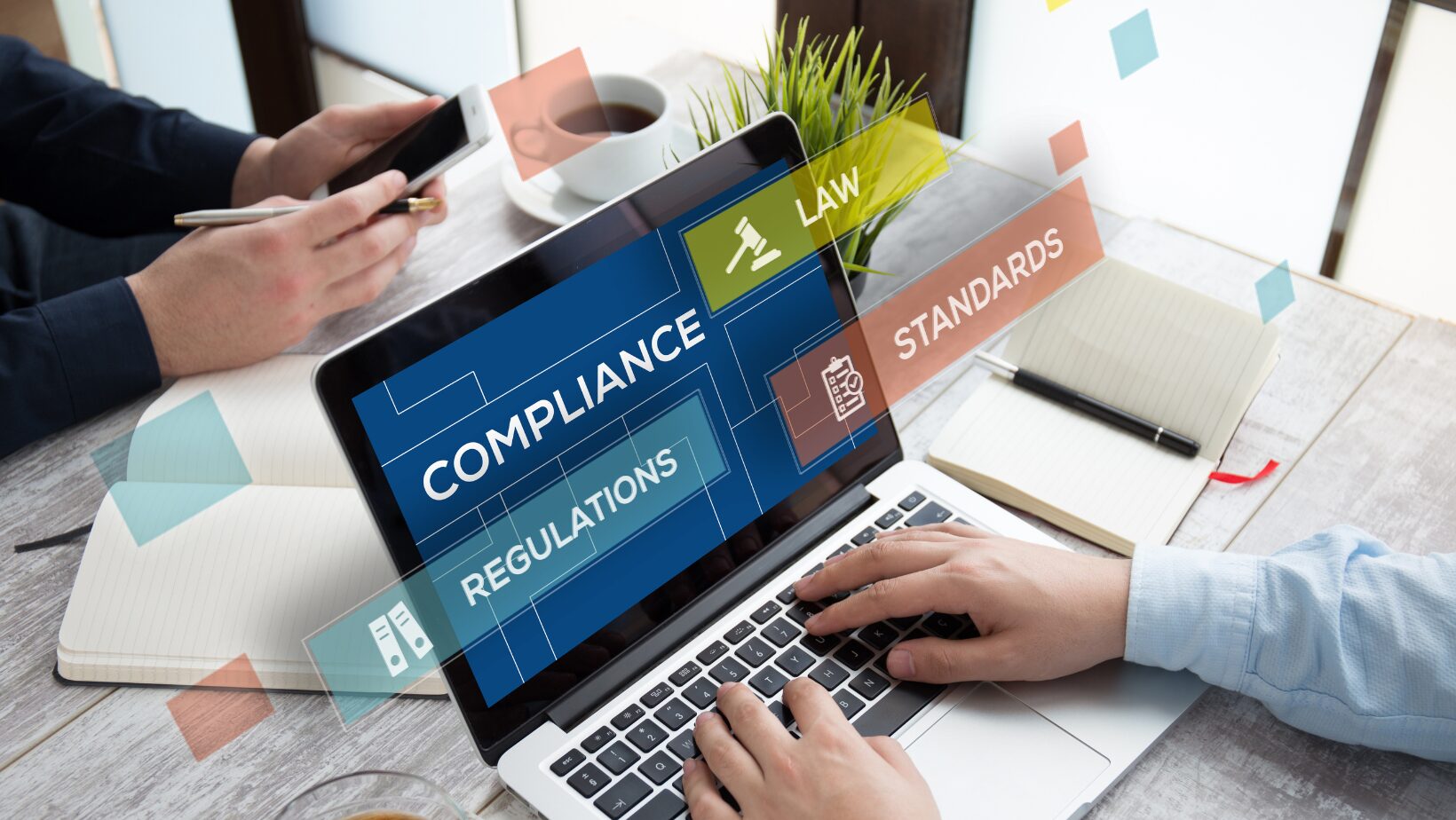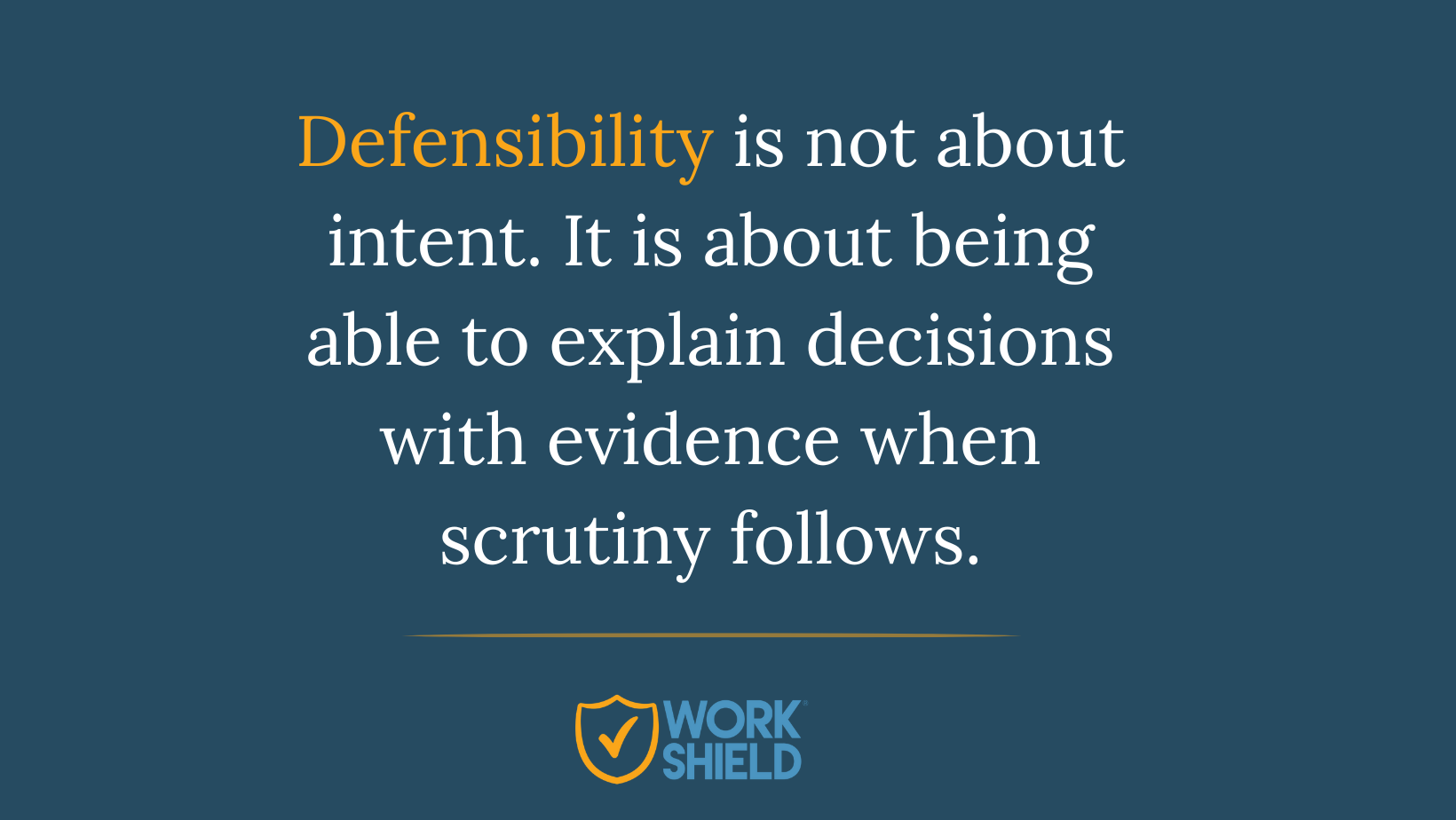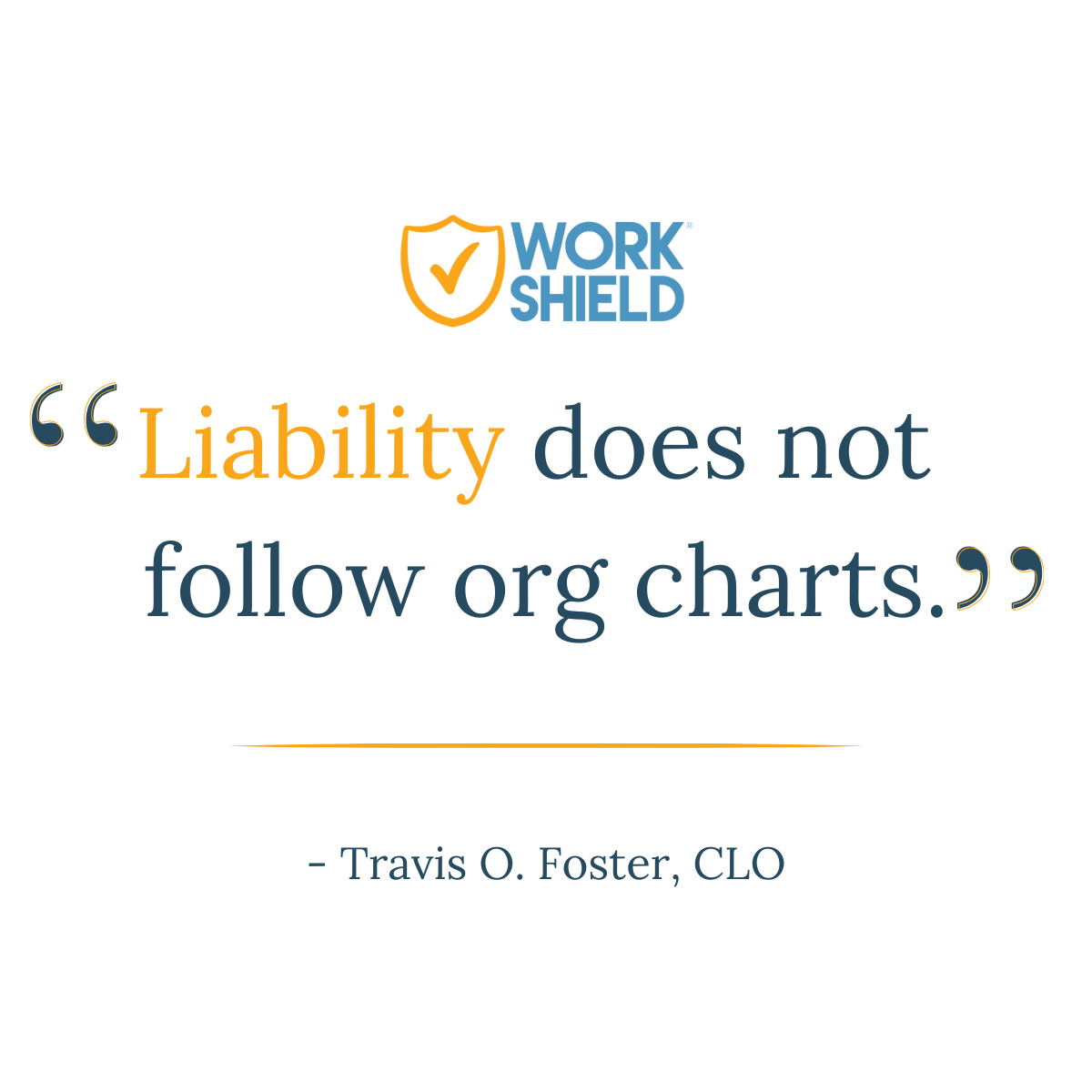Organizations are continually facing the brunt of increased regulatory demands surrounding workplace ethics. Having cost organizations $50 billion in the past year, misconduct is clearly a significant problem in today’s workforce. Laws such as Title VII of the Civil Rights Act of 1964 emphasize the importance of maintaining an ethical culture, yet many organizations struggle to keep up with regulatory requirements.
Ethical violations can lead to costly legal fines, litigation struggles, and damage to an organization’s reputation. Internal ethical issues can fester, developing into reputational damage that worsens employee morale and weakens client or customer relationships. To mitigate these risks and maintain ethical standards and compliance requirements, it is critical for organizations to create a culture that employees can promote and uphold in their day-to-day work.
The Rising Regulatory Standards for Workplace Ethics and Compliance
With ever-evolving standards, organizations are experiencing heightened regulatory demands and oversight to maintain ethical behavior and meet compliance requirements. In addition to managing compliance with laws such as Title VII, organizations must effectively comply with local, state and federal regulations to mitigate potential risks.
When organizations fail to address ethical issues and maintain compliance, they are exposed to significant financial risks, including fines and litigation. In addition to increased costs, these legal issues could also have a detrimental impact on an organization’s reputation and culture, affecting employees, customers, and the public. Effective management of ethical issues is important for organizational leaders to proactively foster an ethical workplace environment.
Challenges Organizations Face in Meeting Ethical Standards
Evolving regulations present significant challenges for organizations, particularly those with limited resources, as they lack the support needed to maintain and set ethical standards. In fact, according to Drata, 74% of organizations report that they cannot adequately address vulnerabilities due to budget and resource constraints.
Compliance extends beyond meeting legal set requirements; it involves upholding a positive organizational culture that supports and reflects current regulations. With a comprehensive compliance program and solutions in place, organizations can handle misconduct effectively. In addition, by highlighting the importance of ethics through internal communications, policies, and processes, organizations can set themselves up for success, both legally and reputationally.
The Financial and Legal Benefits of Staying Compliant
Investing in a solution like Work Shield provides organizations with confidence in their ethics and compliance standards. Work Shield’s impartial, third-party investigations allow organizations to address key misconduct incidents with thorough, unbiased reviews, followed by timely and effective resolution recommendations. This efficient and transparent approach mitigates escalation risks, fostering a strong ethical culture that enhances employee satisfaction and productivity. According to Gallup, organizations with a robust productivity focus report fewer incidents, higher retention, and a 21% increase in profitability.
Finally, by utilizing a third-party misconduct management solution, organizations can save valuable resources, removing the burden from internal teams and maximizing efficiencies across the organization. In addition, a positive reputation also allows organizations to attract and retain top talent and maintain customer trust.
A Comprehensive Solution for Ethics and Compliance
With increasing regulatory demands, maintaining ethical workplace behavior is more challenging than ever, especially with limited internal resources. A comprehensive solution is essential to meet these demands effectively. Work Shield’s third-party, end-to-end approach offers 24/7 reporting, impartial investigations for critical incidents, and timely resolutions, empowering organizations to address misconduct thoroughly and transparently.
As 2025 approaches, now is the time to implement a solution that proactively manages compliance risks. Work Shield’s unbiased external perspective helps reduce financial and reputational risks while fostering a culture of accountability. Equip your organization for the future with a solution that supports compliance, integrity, and trust, promoting confidence in your workplace practices as regulations evolve.
Learn more about Work Shield’s end-to-end misconduct management solution here.





